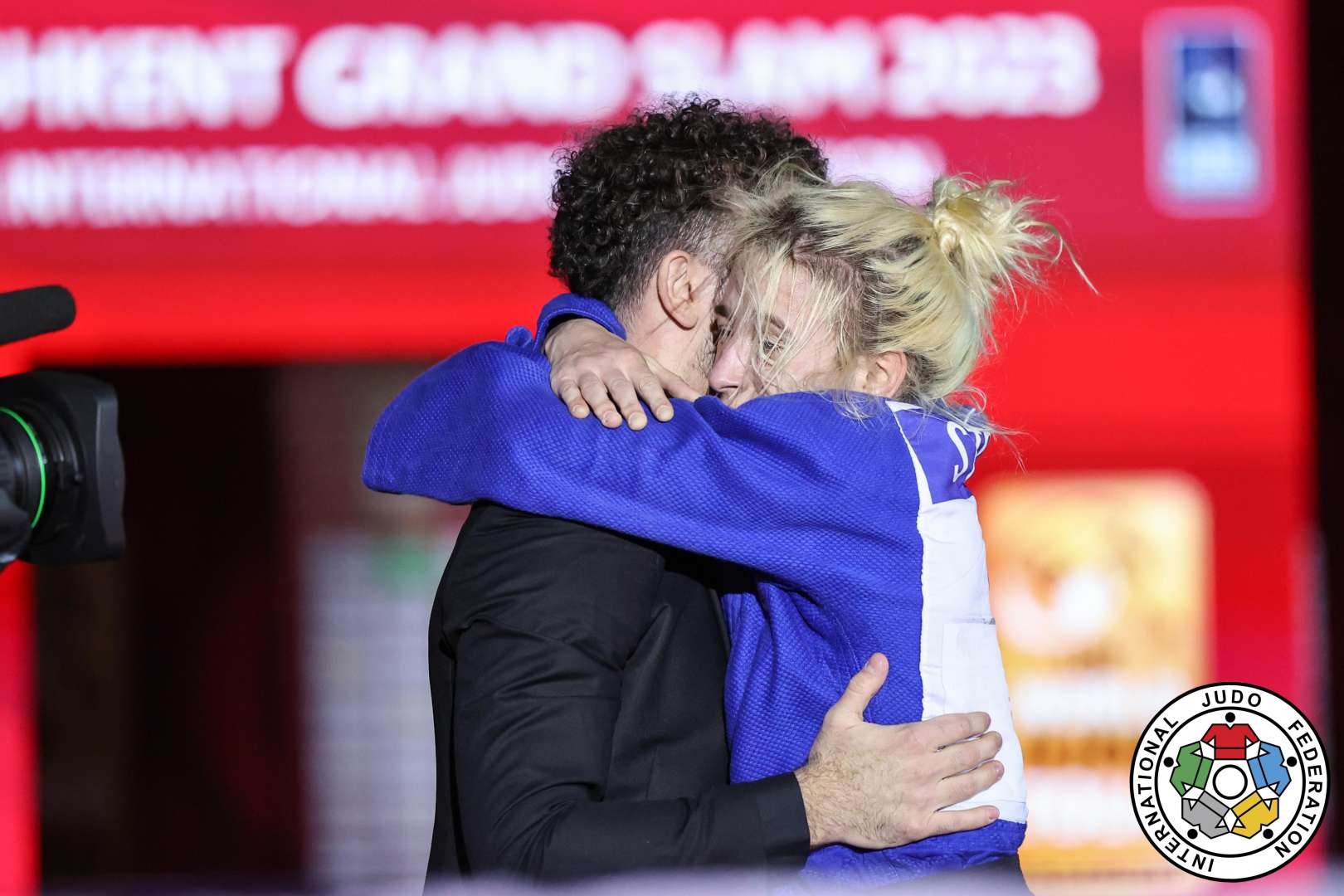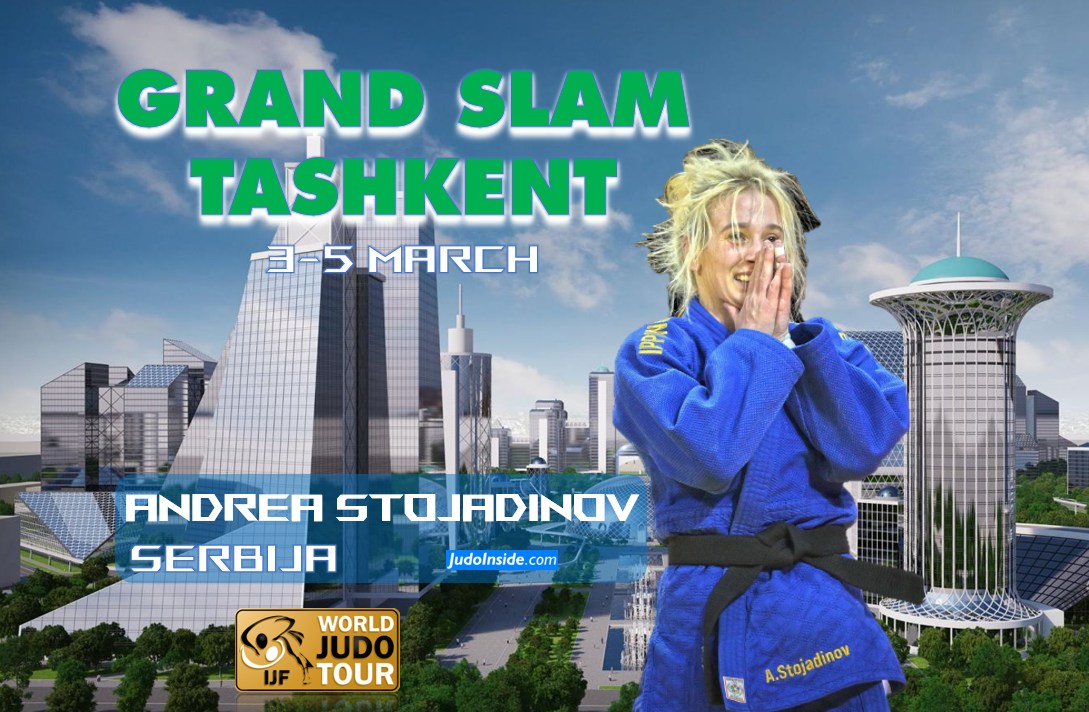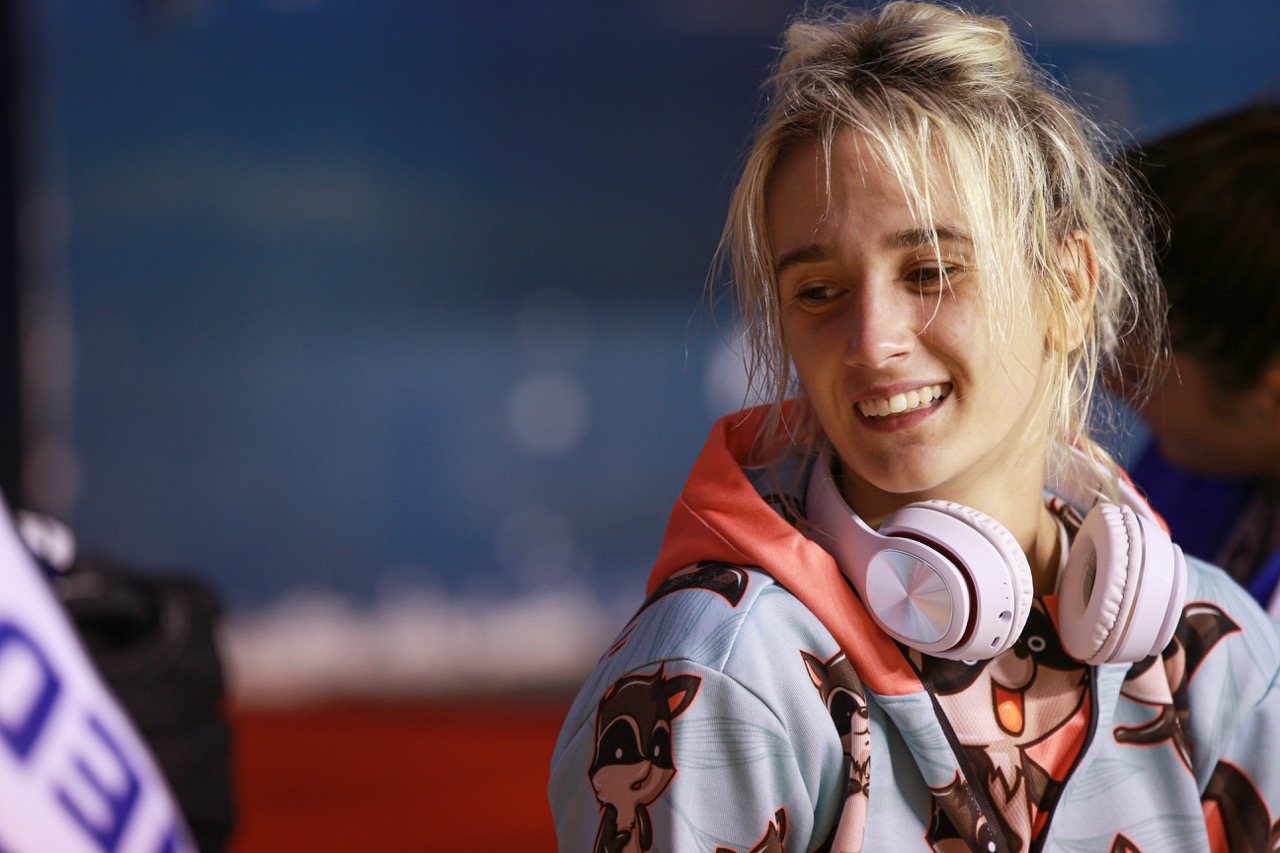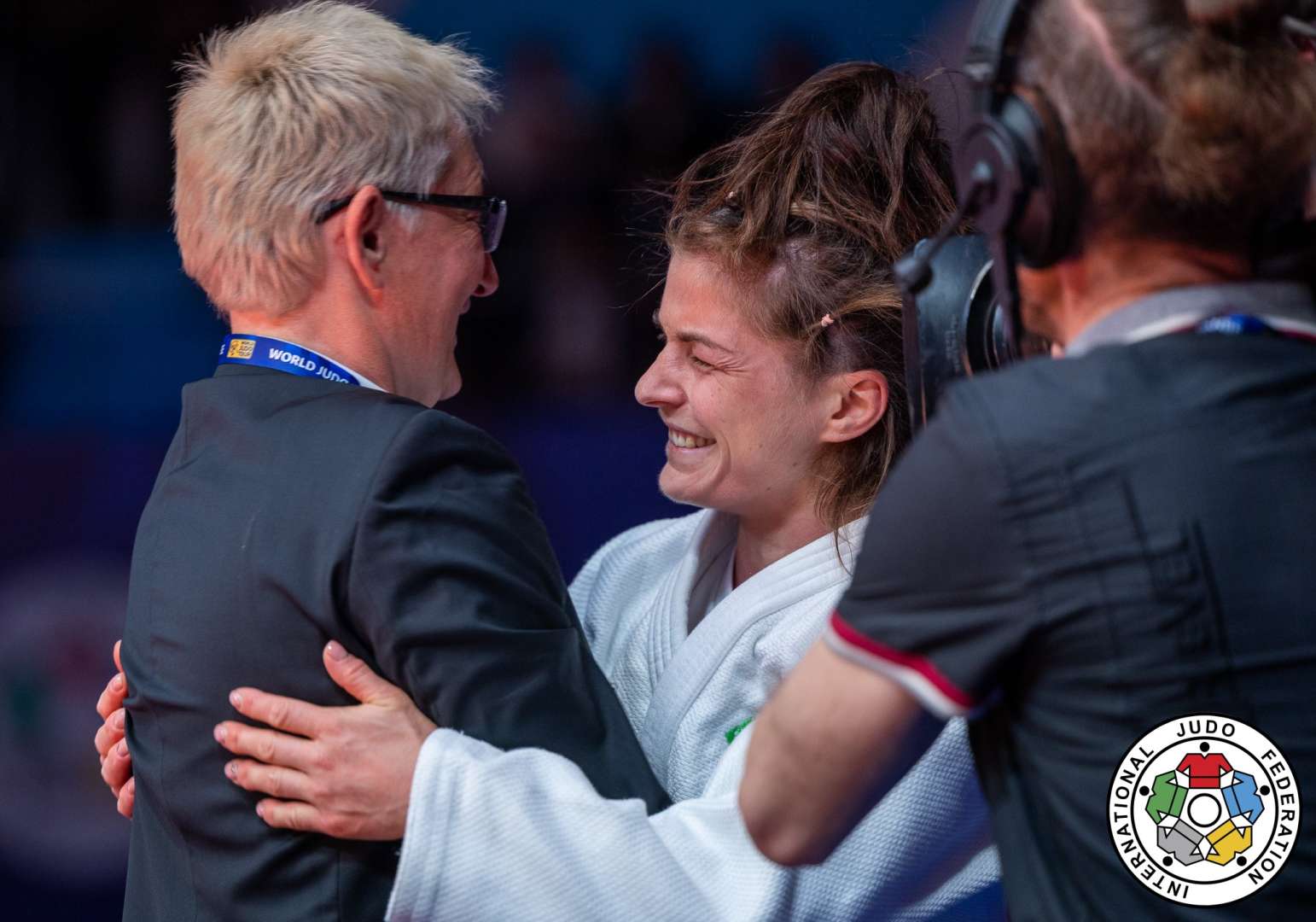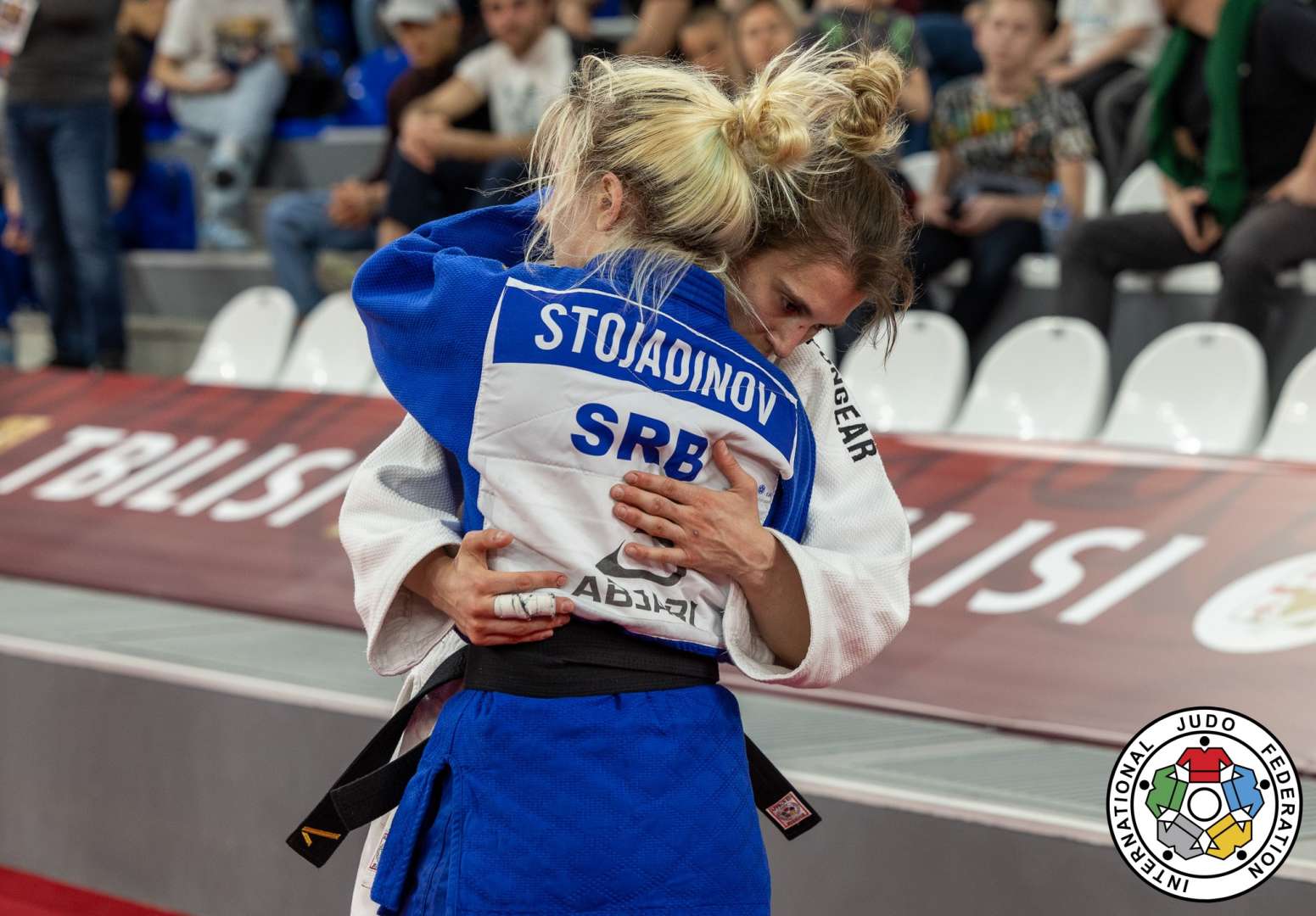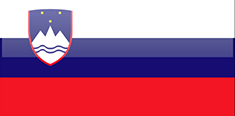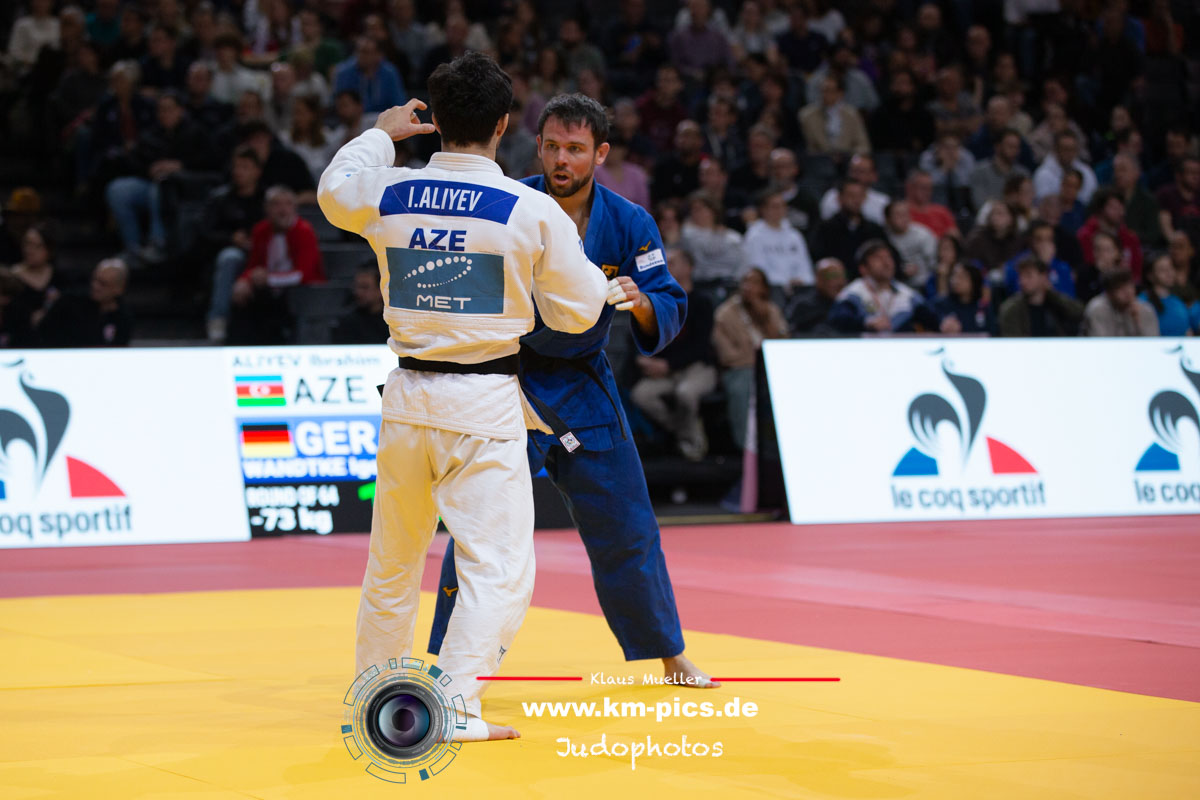Andrea Stojadinov’s return to form
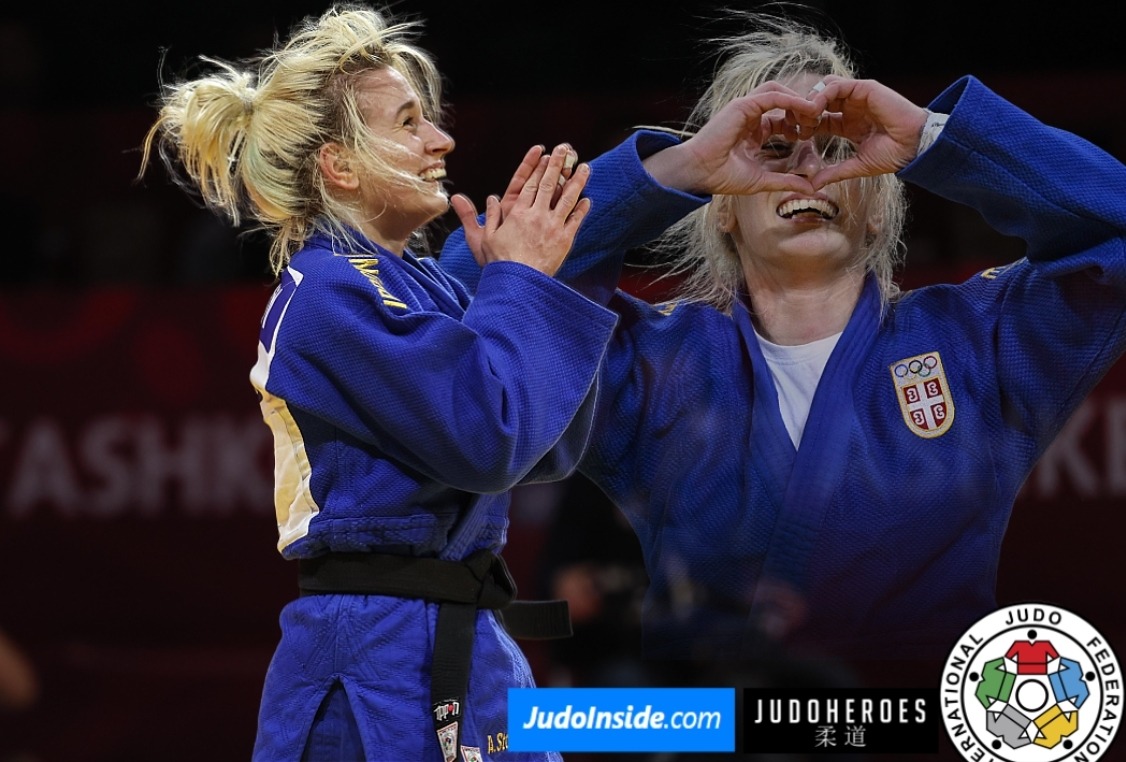
 24 Mar 2023 14:00
24 Mar 2023 14:00
 By Oon Yeoh of JudoCrazy
By Oon Yeoh of JudoCrazy
 JudoHeroes & IJF Media / Copyright: www.ijf.org
JudoHeroes & IJF Media / Copyright: www.ijf.org
Last year was annus horribilis for Serbia’s Andrea Stojadinov. She had ended 2021 on a high note, winning gold at the European U23 Championships in Budapest. But she began 2022 badly, crashing out in her first match at the Almada Grand Prix. Throughout the year, she would compete in several more IJF events as well as the World Championships (where she also exited after her first match) but she failed to medal in any of those events.
A former European silver medalist and European Junior champion, Stojadinov’s career seemed to be coming to a standstill. She told the EJU that 2022 was her “worst year ever”. But she was still upbeat about her chances going forward.
“I have the same goal, I always come to win, and yes it hasn’t happened this year but I am always improving,” she told the EJU. “There has been a lot to analyse and a lot to fix but we are working on it all the time. As for what brings me back, I am a stubborn person I have my goals and I know what it feels like to win. So yes, it is very hard to lose, actually it is crushing. But I know it will change.”
How prescient her words were. In her first outing in 2023, at the Almada Grand Prix, she only came in at 7th place but in the ongoing Tashkent Grand Slam, she just won her first ever IJF gold medal.
In her first match, against Galiya Tynbayeva (KAZ), she scored a stunning ippon with an ippon-seoi-nage overshoot, which can be described as a kind uchi-makikomi. Her opponent tried to counter with an uchimata but it was clear that it was Stojadinov initiated the action and it was her throw. The referee asked for a video review and the match was rightly given to Stojadinov.
She won her second match, against Kalimajon Kurbonova (UZB) with a very low kouchi-gake which scored ippon.
Next up was a very tactical match against Laura Martinez Abelenda (ESP), which was won by penalties. After getting two penalties for passivity, the Spaniard’s fate was sealed when she got her third shido for a false attack.
This brought Stojadinov into the final against the experienced Catarina Costa (POR). Things didn’t look good for Stojadinov, who incurred two penalties and was down by a waza-ari, within the first two minutes of their match. One more penalty or one more waza-ari scored against her and it would be match over.
Perhaps realizing she had nothing to lose, Stojadinov piled on the pressure and Costa then incurred two penalties. They were now even on penalties but Costa was still ahead with waza-ari. But with just seconds left in the match, Stojadinov threw her opponent with the same seoi-nage overshoot move she had done earlier against Tynbaeva of Kazakhstan. It scored waza-ari, just in the nick of time.
The match then went into Golden Score and that’s where tactics came into play. Stojadinov had told the EJU about how she had to learn to adapt to tactical play once she got into the seniors.
“Moving from junior to senior is very difficult, it is a totally different game, with juniors it is straight forward and I could do my judo, but at senior it is so much more tactical,” she said. “For me, I could attack constantly with no problems, but at seniors I’ve found that the fighting style is more preventative, sometimes I’m struggling to get two attacks in which just isn’t me, but this is something I’ll be working on. It is a hard transition to make.”
Well, it seems like she certainly has learned to fight tactically. After a minute and half of overtime, under pressure to attack, Costa dropped down with a yoko-tomoe-nage that didn’t cause Stojadinov to budge one bit. The referee gave a Costa her third shido, and with that Stojadinov won her first ever IJF gold medal.
The first day of the Tbilisi Grand Slam will again include Andrea Stojadinov, aiming for another gold medal.
 like
like
 share
share
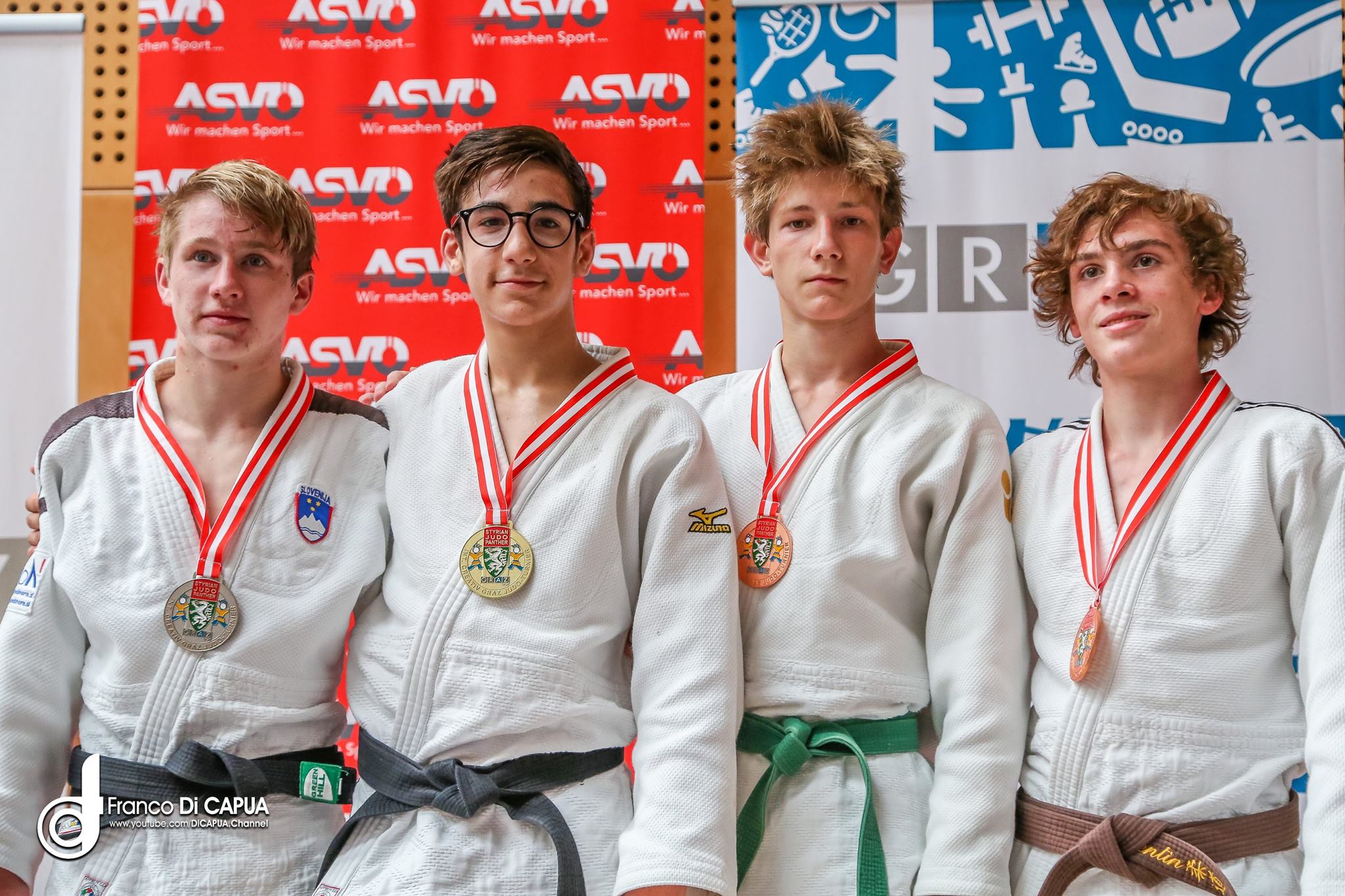
| Result | City | Date |
|---|---|---|
| 2 | Paris | 2024 |
| 1 | Abu Dhabi | 2024 |
| 1 | Zagreb | 2024 |
| 3 | Belgrade | 2023 |
| 2 | Montpellier | 2023 |
